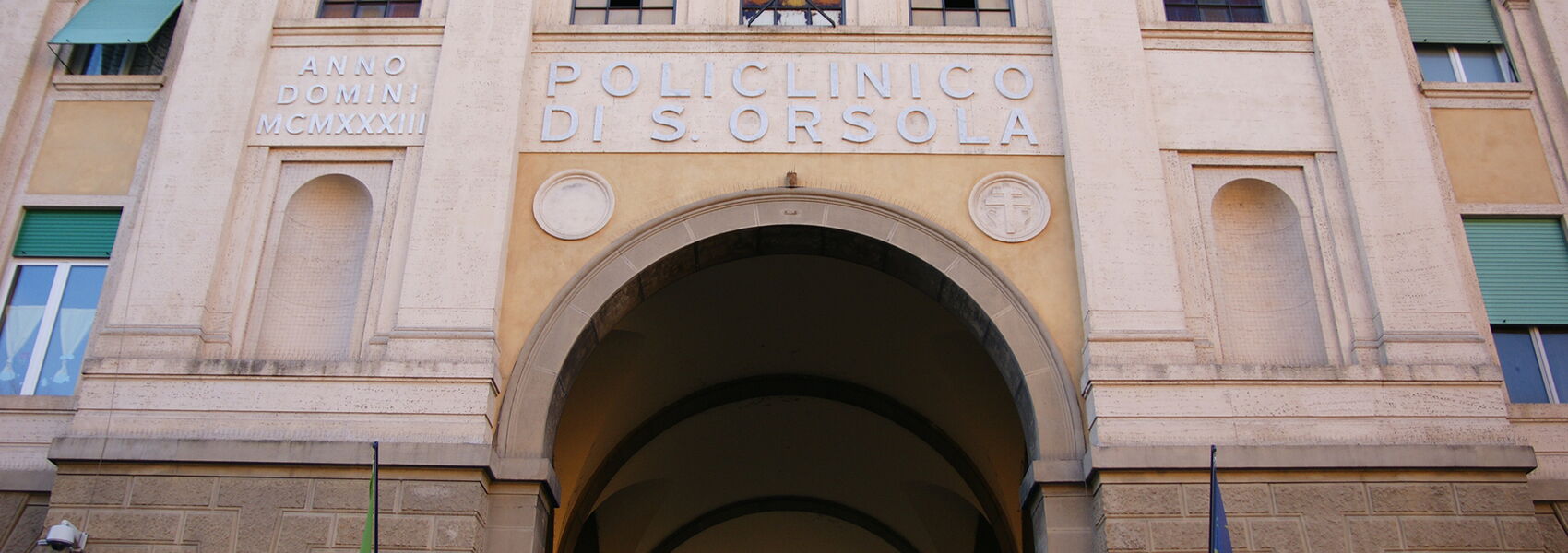eeef contributes to PV small scale installations across Portugal for the public sector
eeef has signed a Memorandum of Understanding (MoU) with Wattosun, Portugal, for a EUR 5m facility to finance a portfolio of self-consumption PV installations. The installations will be provided to public sector users, including municipalities, state-owned companies and other public authorities. This will enable each participating organisation a financially attractive and environmentally friendly solution to reduce their electricity bills. Wattosun comprises of a highly-skilled management team with a total of over 50 years’ experience in developing, financing and operating PV roof-top and ground mounted projects globally. This will ensure the seamless promotion, development and implementation of every PV Installation project.
Wattosun completed an in-depth market study researching the appetite for public-entities to transition to renewable, self-consuming energy systems and their wishes to reduce energy costs and associated risks. Through this process, Wattosun established strong relationships with public entities, and gained insight that the average sub-project size within this sector would be below EUR 1m. Wattosun designed appropriate products which are expected to provide the public organisations attractive offers. Currently, Wattosun is in ongoing discussions with several interested public sector parties to adopt the scheme, with a pipeline targeting up to 7 different public authorities in various locations throughout Portugal. The publications of the first tenders are expected in the first semester of 2018. The total project, comprising of 7 sub-projects, estimated to use circa 21,100 of 1.68 m2 solar panels. When compared to the baseline (the Portuguese electricity grid), the total project (7 public authorities) estimates CO2e savings of 2,650 tonnes per year and primary energy savings of 20,736 MWh per year. The self-consumed electricity would enable the public authorities to minimise or even reduce their exposure to changes in energy prices and benefit from effective electricity cost reduction.
Portugal continues to be a global leader in the greenification of their country’s energy mix by incorporating renewable energy generation methods. More than 50% of its energy comes from wind, solar and hydropower. The renewable energy sector is expected to grow and recently Portugal achieved a major milestone in its path to a clean energy future being powered entirely by renewable energy for more than four consecutive days.
The European Energy Efficiency Fund (eeef) S.A., SICAV-SIF is a “société d’investissement à capital variable” governed by Luxembourg law and initiated by the European Commission in cooperation with the European Investment Bank. eeef increased the initial capitalisation provided by the European Commission with contributions from the sponsors European Investment Bank, Cassa Depositi e Prestiti as well as the investment manager Deutsche Bank. eeef is an innovative public-private partnership dedicated to mitigate climate change through energy efficiency measures and the use of renewable energy in the Member States of the European Union.

